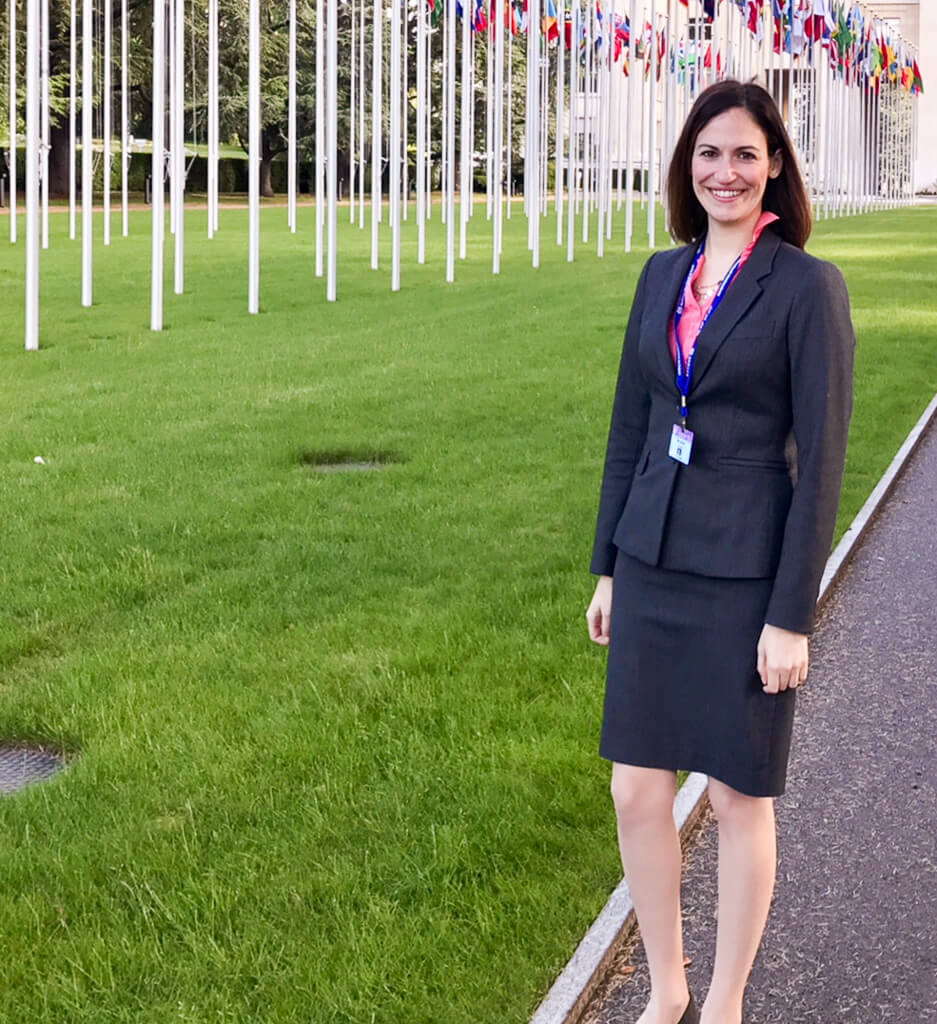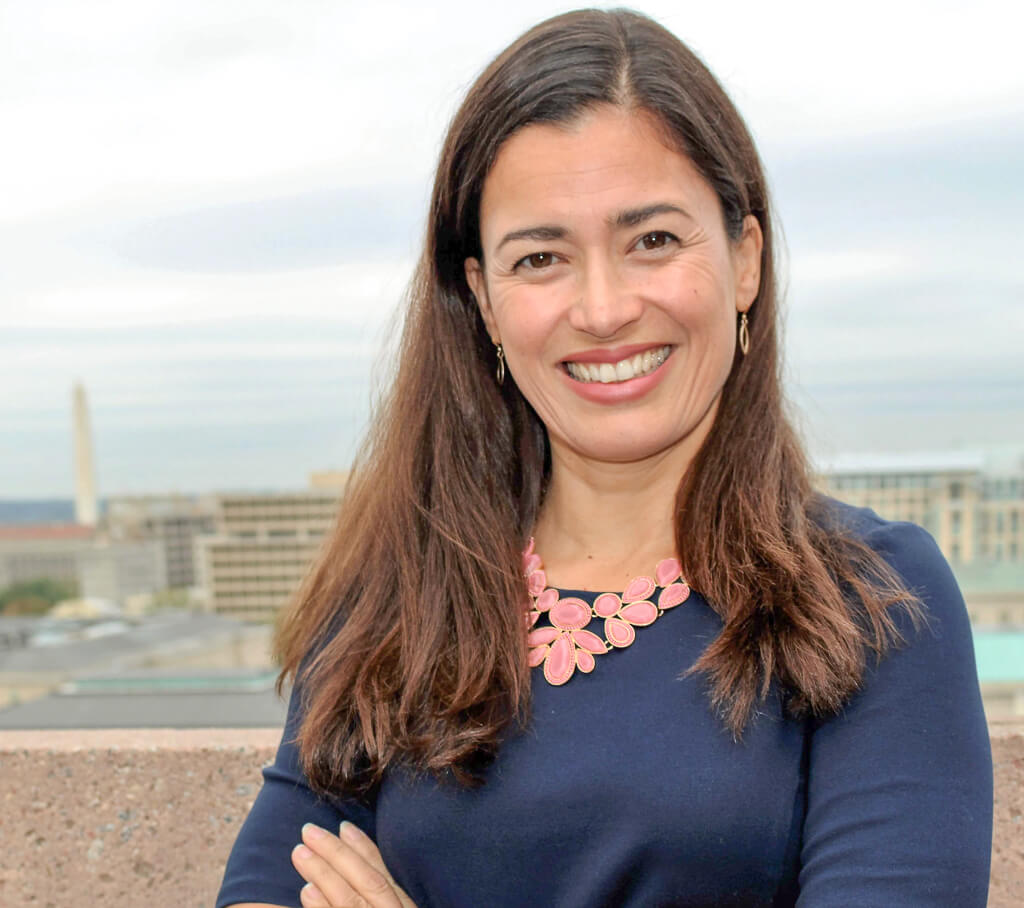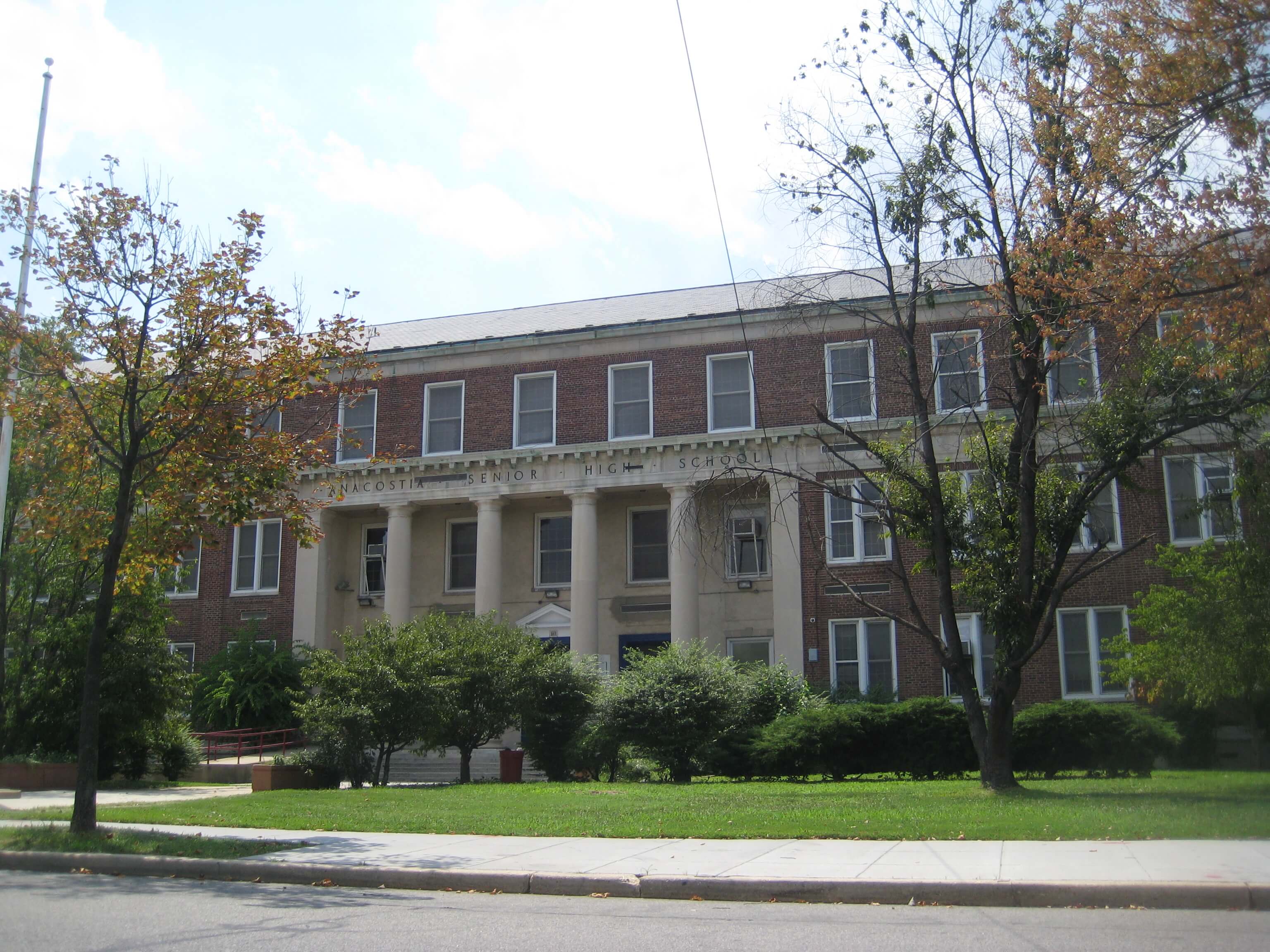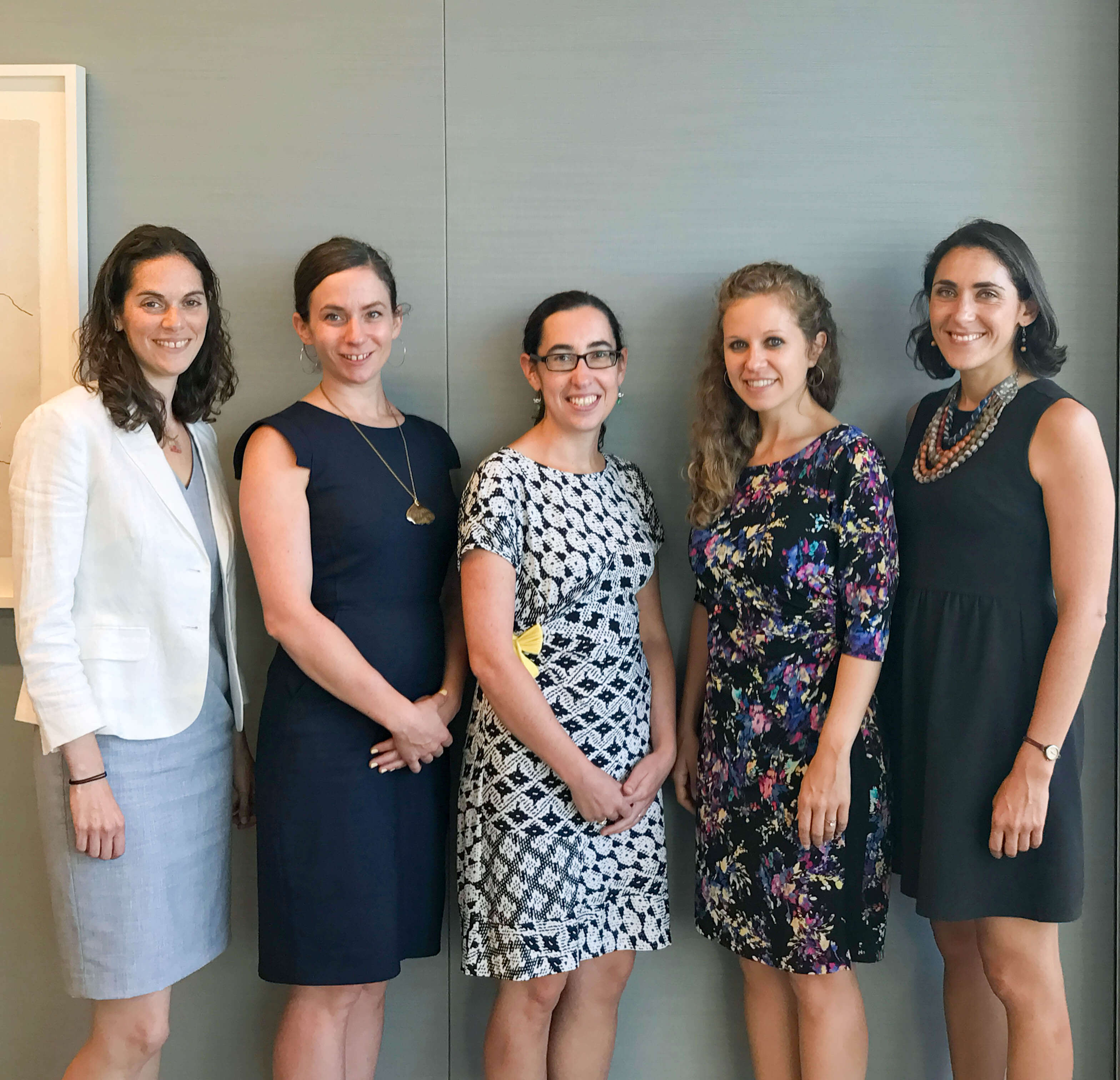
2017 Government Pro Bono Award: Deborah Birnbaum
13 November 2017 Blog, Featured
By Anne King
Deborah Birnbaum, winner of our 2017 Government Pro Bono Award, does it all. She practices at the Office of the Solicitor at the Department of Labor and serves as her office’s Pro Bono Program Coordinator. In the latter role, Deborah has developed a robust pro bono culture; her colleagues at the Solicitor’s Office are doing more pro bono than ever. Deborah is also a dedicated pro bono advocate in her own right, taking on a variety of cases for many different legal-services organizations. (more…)

2017 Legal Services Award: Tracy Goodman
07 November 2017 Blog, Featured
Tracy Goodman, Director of Children’s Law Center’s Healthy Together program, has pioneered the medical-legal partnership movement. She unites experts in law, health, and government to identify the key factors determining children’s health and well-being, and then structures legal services to address those needs and change children’s lives. Colleagues call her passionate, fiery, and dogged about improving long-term health outcomes for children and their families and in marshaling community resources to enact large-scale, systemic change. Tracy is a talented and creative lawyer and leader, and the winner of our 2017 Legal Services Award. (more…)

Our 2017 Award Recipients
31 October 2017 Blog, Featured
Our 2017 Awards Ceremony takes place on December 5, and this year we’ll honor the following extraordinary lawyers and firms: (more…)

DC Pro Bono Week 2017: Photos
30 October 2017 Blog, DC Pro Bono Week, Featured
Photos from the recently completed DC Pro Bono Week 2017. (more…)

Pro Bono Week Profiles: The Complete Set (2017)
29 October 2017 Blog, Featured
DC Pro Bono Week 2017 is in the books, but we hope that our complete set of Pro Bono Week profiles will inspire you to spent more time on pro bono cases and helping those in need. (more…)

$10 Million for East of the River Students to Attend College
17 October 2017 Blog, East River of the River Profiles, Featured
The Bill & Melinda Gates Foundation has announced a $10 million grant for the D.C. College Access Program, a nonprofit that helps Ward 7 and Ward 8 students afford college.
For more than two decades, DC-CAP has helped District students attend college, providing financial assistance as well as counseling and advice to students and their families. The new grant will allow DC-CAP to partner with the College Success Foundation to expand their outreach to middle schools in Southeast and will help to provide up to $25,000 in scholarships for each eligible student. (more…)

Our New Board Members (2017)
09 October 2017 Blog, Featured
This year six fine lawyers are joining our Board of Directors:
Emily Batt is an associate in the Employment Law Department at Paul Hastings and also serves as the Pro Bono Coordinator for the firm’s DC office. Before moving to the District, Emily attended University of Virginia School of Law, worked with the Legal Aid Justice Center and Migrant Farmworker Project, and coordinated UVA’s Immigration Law Program. Emily and her fiancé Noah enjoy hiking and camping with their dog, Liam (recently featured on The Dogs of Public Interest Law). (more…)

Dogs of Public Interest Law: Liam
09 October 2017 Blog, Featured
Our new board member, Emily Batt (Paul Hastings) has a great Australian Sheppard named Liam.
Check out Liam and all the other public-interest dogs at The Dogs of Public Interest Law.

2017 DC Pro Bono Week: Full Schedule of Events
01 October 2017 Blog, Featured
Each fall, as part of the annual National Pro Bono celebration, we organize DC Pro Bono Week.
DC Pro Bono Week 2017 takes place from October 22–28, and will offer lots of opportunities to do pro bono work, learn new pro bono skills, meet other pro bono lawyers, and expand your pro bono horizons.
The full schedule of events is below. There are also a number of Affiliated Trainings taking place before, during, and after Pro Bono Week. (more…)






